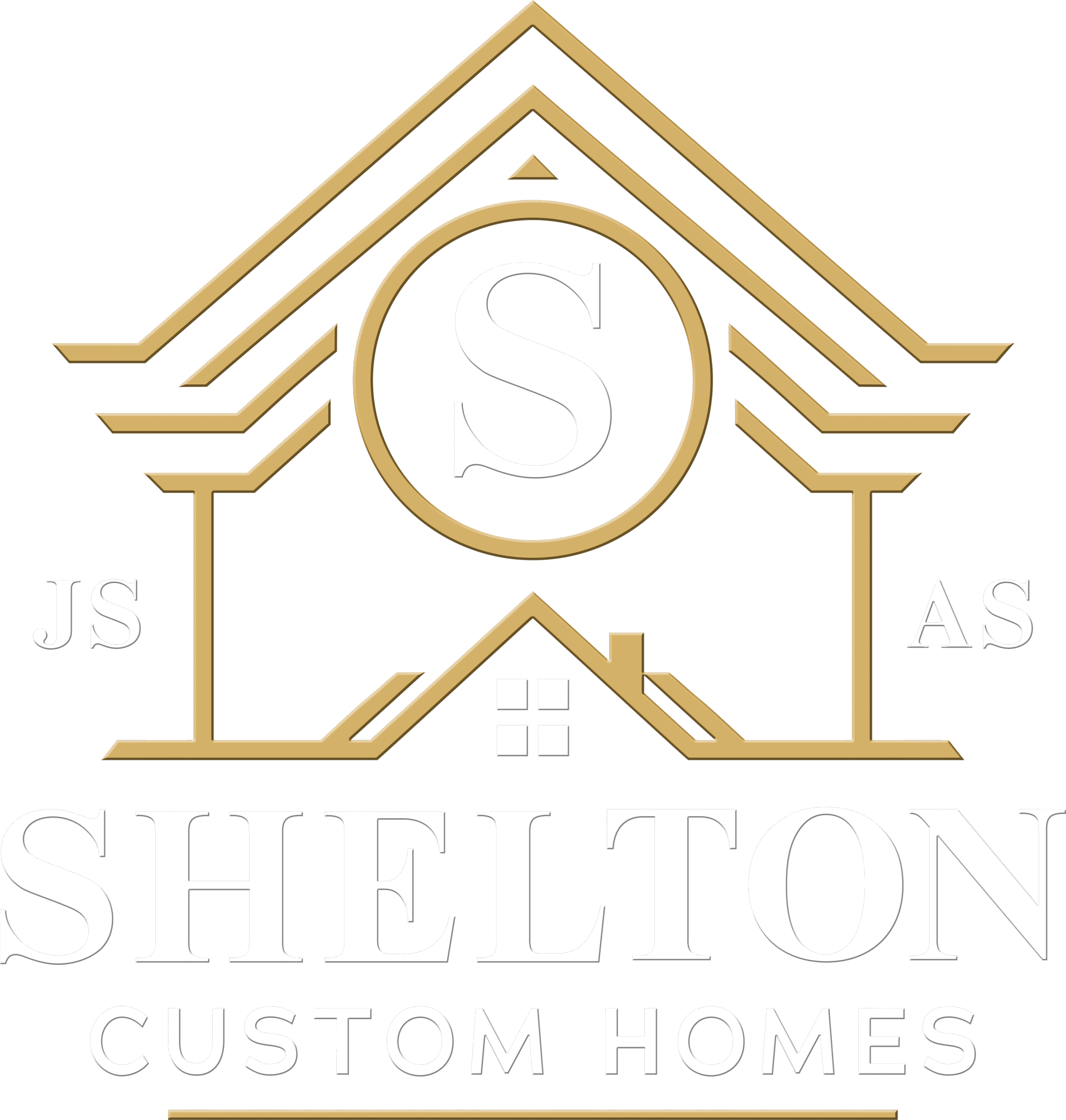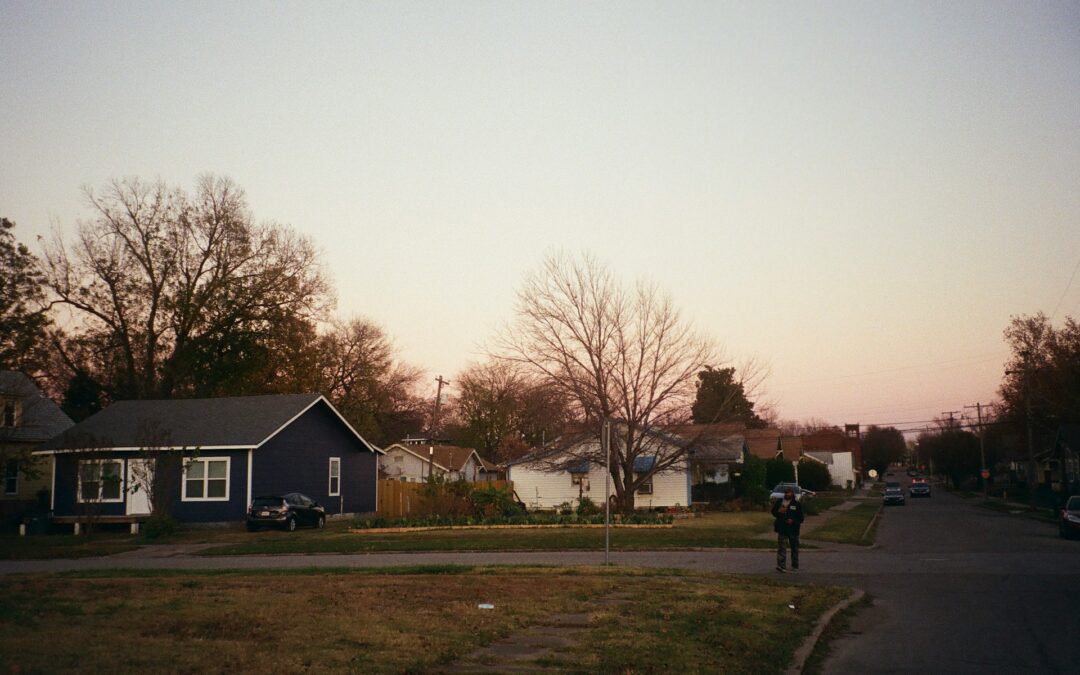Choosing the right lot size for your future home affects more than where your house sits. It shapes how your daily life feels, how much space you have to enjoy outside, and what options you’ll have later if your needs change. It’s one of those decisions that can seem simple upfront but really matters long term. Whether you’re just starting to think about building or you’re already looking at open land, it helps to think through what makes a lot size the right fit for your plans, your family, and your daily life.
Some people want more land and privacy. Others care more about keeping things low-maintenance. There’s no one right answer, but the size and shape of a lot can affect what’s possible in ways that aren’t always obvious. That’s why we walk through what matters now and what may matter five, ten, or fifteen years from now. Lot size decisions don’t just affect today. They shape the life you can build around the home you’ll live in.
Understanding What Lot Size Really Means
A lot of people think lot size only refers to square footage. While that’s part of the picture, it’s not the whole story. The shape, slope, and layout of a lot also have a big impact on how usable it is. A narrow lot might have the same square footage as a wider one, but the way you can build on it may be different. Trees, water flow, or elevation changes can shift what’s possible without heavy prep.
Another term that often comes up when picking a lot is “buildable area.” That’s the space where your home and other structures can go without running into utility lines, setbacks, or other restrictions. It’s different from the full size of the lot. The house you picture when standing on open land may not line up perfectly with what zoning and codes allow. That’s why it helps to look deeper than just the numbers.
The layout matters, too. Large square lots might feel more balanced, while long rectangular ones could limit where a house or driveway can go. You’ll want enough space for daily use, but also enough to enjoy the yard without it feeling like a leftover corner. Stepping back and thinking not just about the size, but how the space flows, is a smart move before final picks get made.
Shelton Custom Homes reviews not just the square footage, but utility locations, setbacks, and drainage on each lot as part of their prep and planning process.
How Your Lifestyle Can Guide the Right Fit
Everyone uses their space differently. That’s why factoring in what life actually looks like day to day can help narrow down the right type of lot. For example, if you’ve always wanted a pool, garden, or outdoor cooking area, you’ll need space that supports it. Bigger backyard ideas won’t work well if the lot shape makes building out or adding space too tight.
If pets, kids, or weekend gatherings are a big part of your routine, you’ll want more outdoor margin. It may help reduce conflicts later over where to play or how close you are to property lines. On the other hand, if you travel often or prefer not to do much yard work, a smaller lot with less upkeep can be a better fit.
Think, too, about how plans may shift with time. Young families might want space to grow into, while empty nesters may care more about ease than expansion. Your daily lifestyle gives clues about what kind of property supports you best. It’s less about what looks good on a map and more about how it supports how you want to live.
Considering the Community and Surroundings
Choosing a lot isn’t just about the actual plot of land. Where it sits in connection to the neighborhood, road access, and any existing guidelines or restrictions around it really matter. For example, some communities have rules about how close a home can be to the property line or what size structure can go on each lot. These can affect how much usable space you actually end up working with.
Zoning is another part that often gets missed early on. Residential lots are often assigned different zoning labels based on use, location, and size. This can affect things like whether you can build a separate structure, how high a fence can be, or how close buildings can be to one another. Easements, which set aside space for utilities or shared access, can also subtract usable square footage.
Looking around the area matters, too. If there’s open land next door now, that may not always be the case. Consider what development could come in the future, what surrounding properties are used for, and whether there’s enough privacy built in to keep things peaceful over time. A great lot today should still feel like the right call five or ten years from now.
Shelton Custom Homes researches community guidelines and local zoning for each potential site and helps future homeowners anticipate possible neighborhood changes or restrictions.
Looking Ahead: Flexibility for Add-Ons and Changes
Even if your new home feels complete at move-in, lives change. Planning for the “what ifs” can make life easier down the line. Maybe one day you’ll want a garage apartment, guest suite, or workshop. Or maybe you’ll need wider access for mobility reasons later on. Having a lot of extra space or flexible shape gives you options without starting from scratch.
Bigger isn’t always better, but space to add a patio, pool, or shaded sitting area can add comfort without punching out walls. And while you might not plan for something like a second driveway today, knowing it’s possible later gives peace of mind. Being landlocked by fences, setbacks, or neighbors can cut off those add-ons.
Even resale value is often affected by how well a home can grow with its lot. Buyers may not need the extras now, but they’ll look ahead to them. A well-positioned home with room to adapt can feel like a safer long-term choice for more people. Thinking with that flexibility in mind now makes decisions a lot easier later.
The Lot That Fits Your Life
The size and shape of your lot affect more than how your home sits on it. It shapes what you can do outside, how much privacy you’ll have, and whether future add-ons are within reach. A little planning ahead makes a big difference in the long run.
Lot size isn’t just about numbers. It’s about how your space supports the life you want to live—today and tomorrow. Whether it’s space to play, build, rest, or grow, picking the right lot helps you build the kind of home that works even as your needs change. Taking time to get that right is one part of building a home that truly fits.
Ready to turn your ideal lot into your dream home? Discover how Shelton Custom Homes, an expert custom home builder in Texas, transforms your vision into reality by seamlessly integrating design, layout, and future flexibility.
Whether you’re planning for current needs or future growth, choose a partner who understands how to make every square foot count. Let us guide you through a process that ensures your home’s land and layout fit your life perfectly, now and in the years to come.

